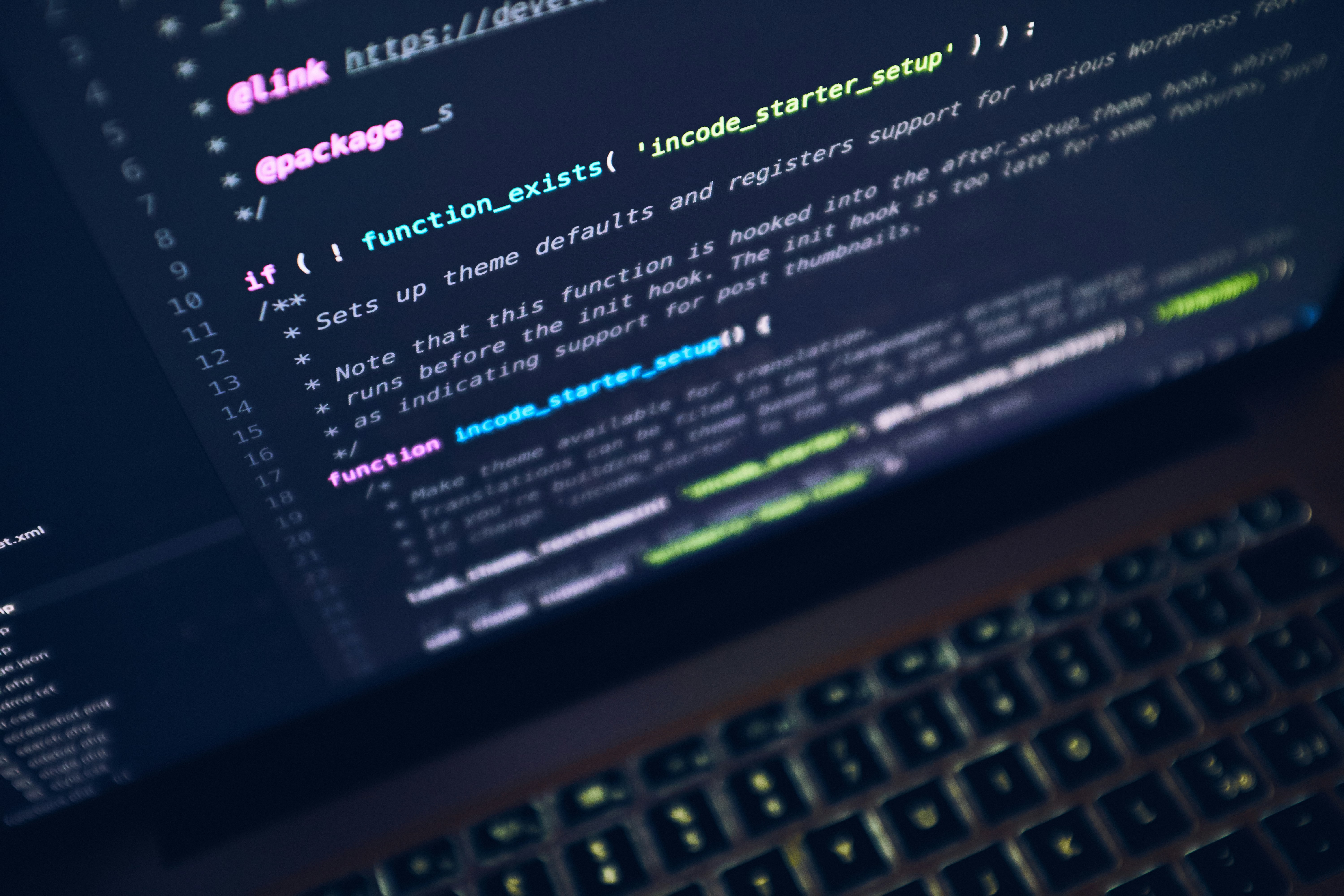I Can Do That: The Coders Who Innovate Beyond Expectations
August 15, 2024 | by ed.anisko@gmail.com
 Photo by Marvin Meyer on Unsplash
Photo by Marvin Meyer on Unsplash Unleashing Creative Solutions in Coding
The realm of software development often conjures images of rigorous logic, precise algorithms, and meticulous code reviews. However, beyond these technical specifications lies an equally crucial attribute: creativity. Coders who can blend their technical acumen with imaginative thinking are the ones pushing the envelope of innovation in this industry.
At the heart of groundbreaking solutions is a wellspring of creative problem-solving. Consider the story of Margaret Hamilton, whose creative coding during the Apollo missions helped avert numerous potential disasters. Her unconventional problem-solving tactics not only exemplified technical brilliance but also highlighted the necessity of imaginative foresight in coding. Her ability to foresee potential issues and design solutions preemptively showcases how creativity is critical in engineering foolproof software.
The role of imagination in coding extends beyond handling immediate challenges. It encompasses the envisioning of new applications, platforms, and tools before they become mainstream. For instance, Linus Torvalds’s creation of the Linux kernel not only exemplified deep technical prowess but also a visionary understanding of the future of open-source software. His willingness to think beyond the conventional paradigms redefined entire ecosystems in the tech world.
To foster creativity, several techniques can be adopted within software development teams. Encouraging coders to engage in lateral thinking exercises and brainstorming sessions can significantly enhance their ability to come up with innovative solutions. Furthermore, integrating interdisciplinary knowledge—such as insights from psychology, design principles, and business strategies—can provide fresh perspectives that fuel creative approaches.
Additionally, creating a culture that encourages experimentation and accepts failure as part of the innovation process can greatly benefit creative endeavors. When developers feel safe to explore unconventional solutions without the fear of punitive repercussions, they are more likely to venture into unexplored territories and discover novel solutions.
In essence, successful software development is not merely a product of rigorous technical skills but a harmonious blend of creativity and imagination. Coders who excel in marrying these attributes are the true innovators, shaping the software landscape with their inventive solutions. Through fostering a culture of creativity and open-mindedness, the potential for groundbreaking advancements in coding becomes virtually limitless.
Overcoming Challenges and Building Resilience
Coders often encounter a myriad of challenges throughout their projects, each demanding a unique approach to overcome. One of the most prevalent obstacles is debugging complex issues. Imagine spending hours poring over lines of code, only to find that a single misplaced character caused an entire system to fail. Such moments test not only technical skills but also the coder’s patience and persistence. A resilient coder views these issues as puzzles waiting to be solved, turning frustration into a methodical approach toward finding solutions.
Managing time effectively under tight deadlines poses another significant challenge. Balancing multiple tasks while ensuring high-quality output requires adept time management. Experienced coders develop strategies such as breaking down tasks into manageable chunks, prioritizing based on urgency and importance, and employing version control systems to keep track of progress. These techniques help mitigate the pressure of deadlines and maintain a steady workflow.
Additionally, the ever-evolving landscape of technology demands that coders continuously learn new languages and tools. The ability to swiftly adapt to new programming paradigms or integrate novel software development frameworks is crucial. For instance, transitioning from a familiar language like Python to a new one like Rust can be daunting. However, resilient coders embrace this as an opportunity for growth, investing time in online courses, coding bootcamps, and collaborative projects to build proficiency.
Anecdotal evidence highlights the importance of resilience in the coding journey. Take the story of Maria, a junior developer faced with an insurmountable bug that threatened to derail her entire project. With determination, she sought advice from mentors, utilized community forums, and meticulously experimented with different solutions until she triumphed. Her experience underscores the importance of a resilient mindset—seeing challenges as learning experiences rather than insurmountable obstacles.
To build resilience in coding, cultivate a growth mindset and view setbacks as stepping stones. Practical advice includes maintaining a healthy work-life balance to prevent burnout, seeking feedback for continuous improvement, and fostering a collaborative spirit within development teams. By embracing challenges and persevering through difficulties, coders not only enhance their technical skills but also develop invaluable resilience, paving the way for innovative solutions beyond expectations.
RELATED POSTS
View all


